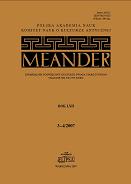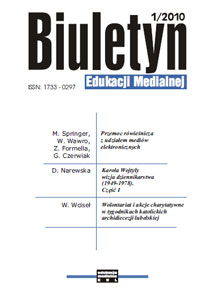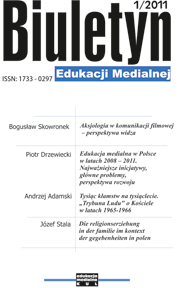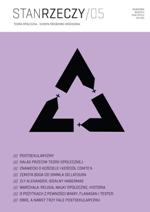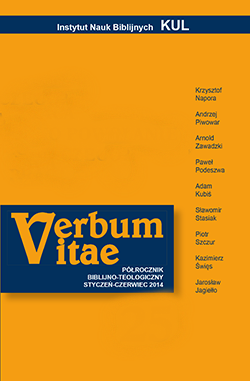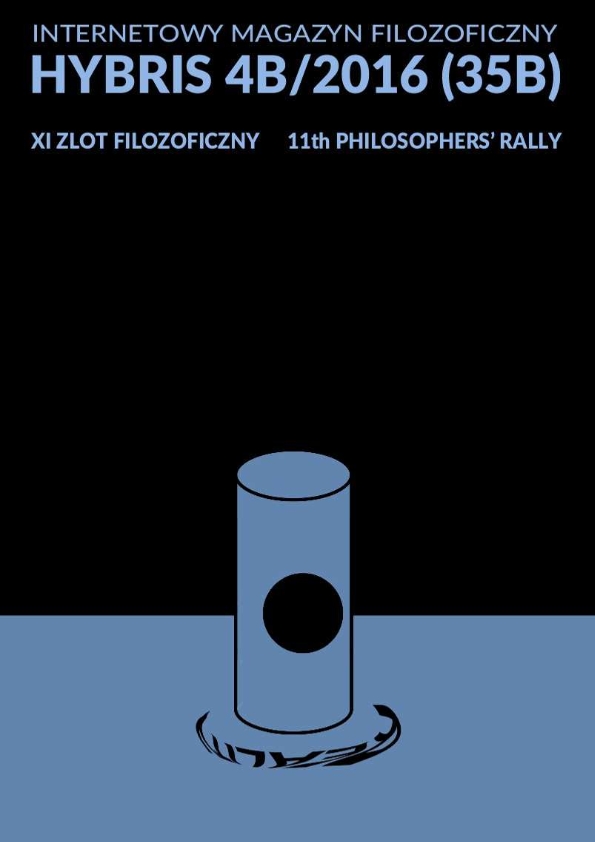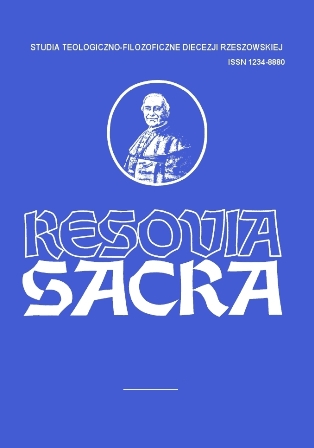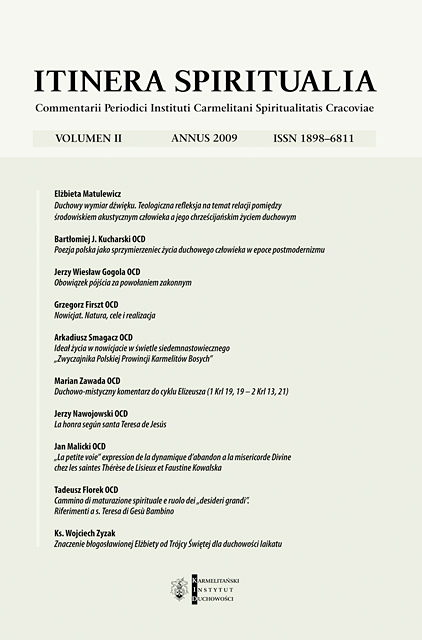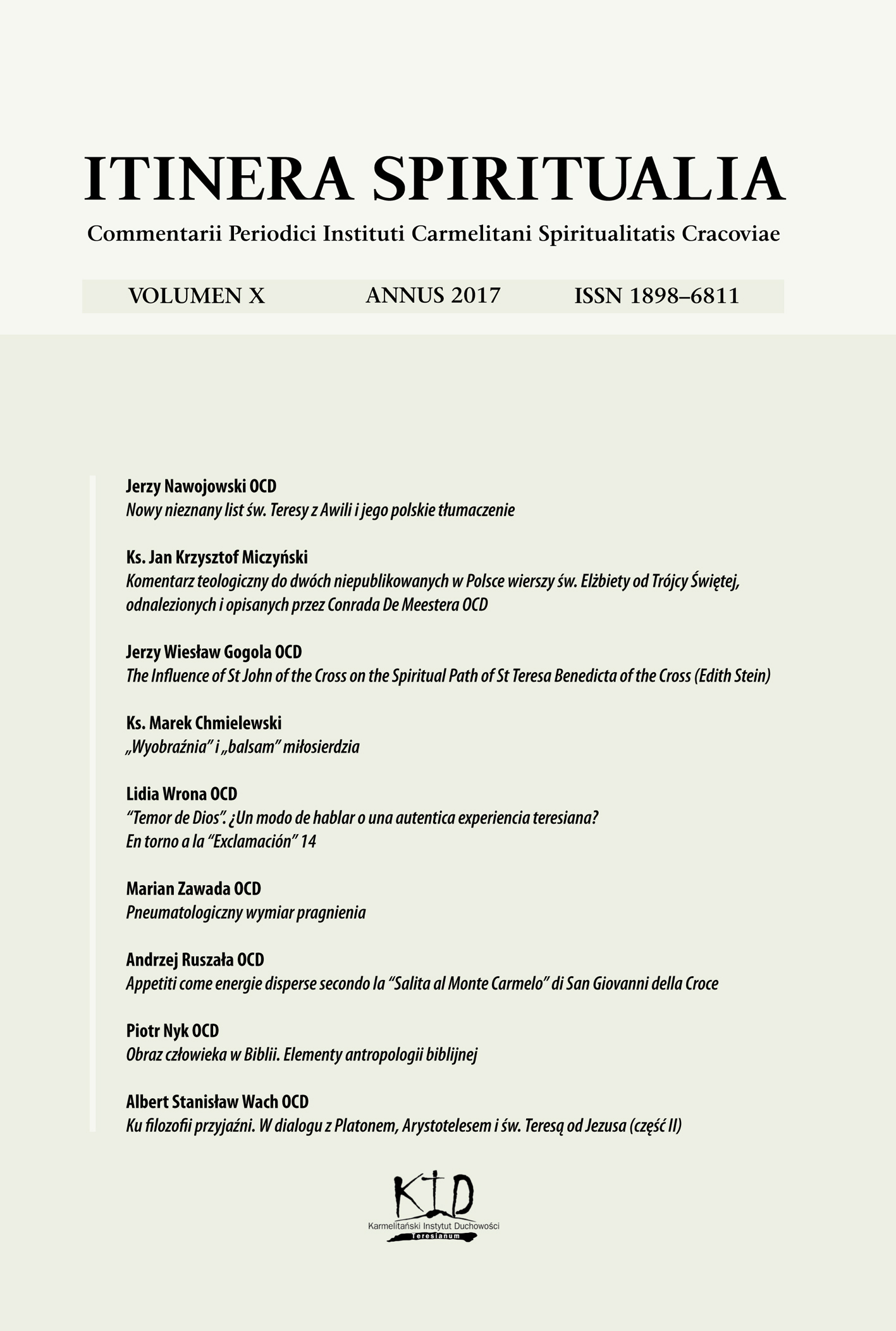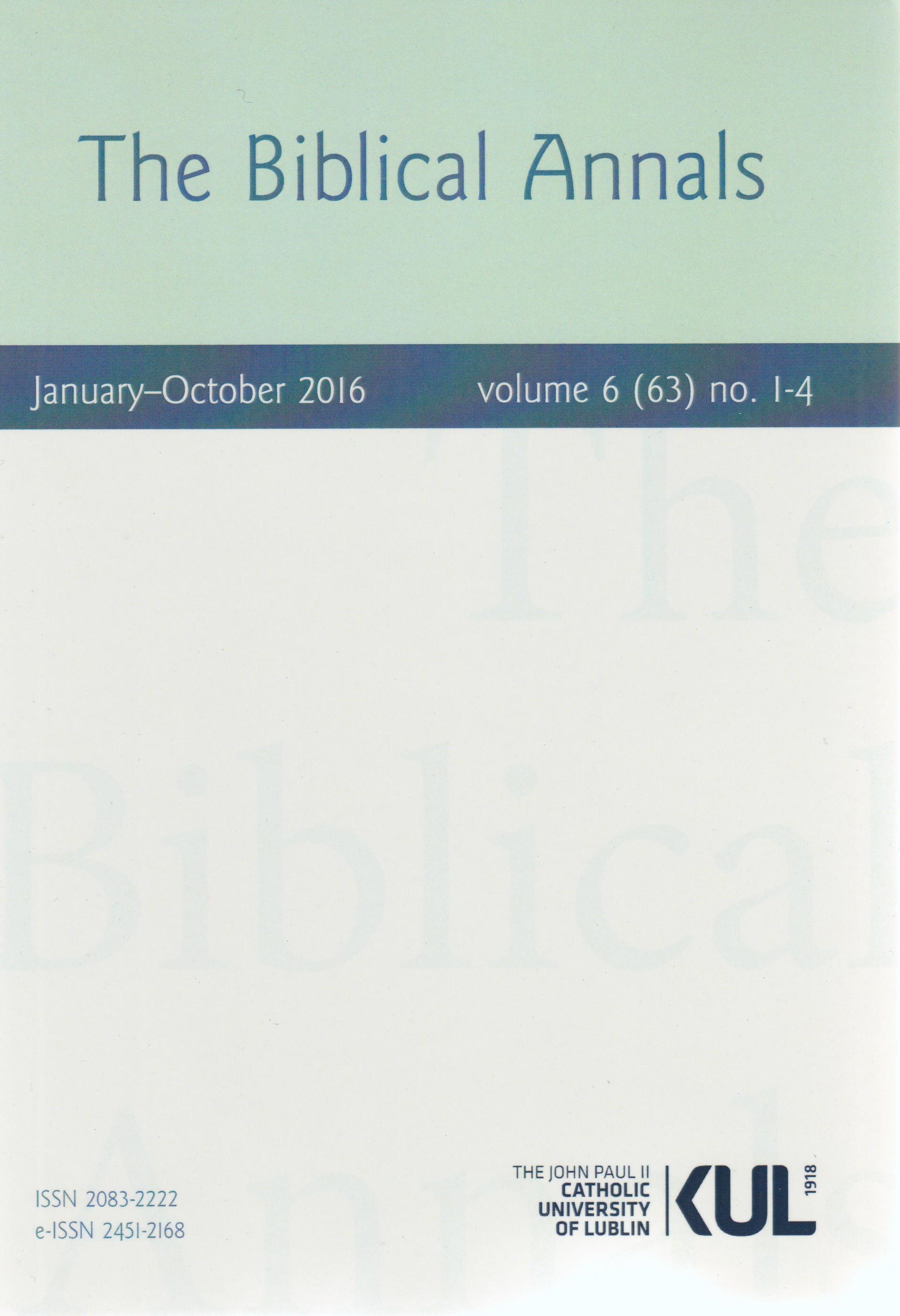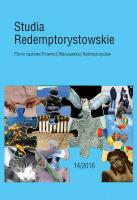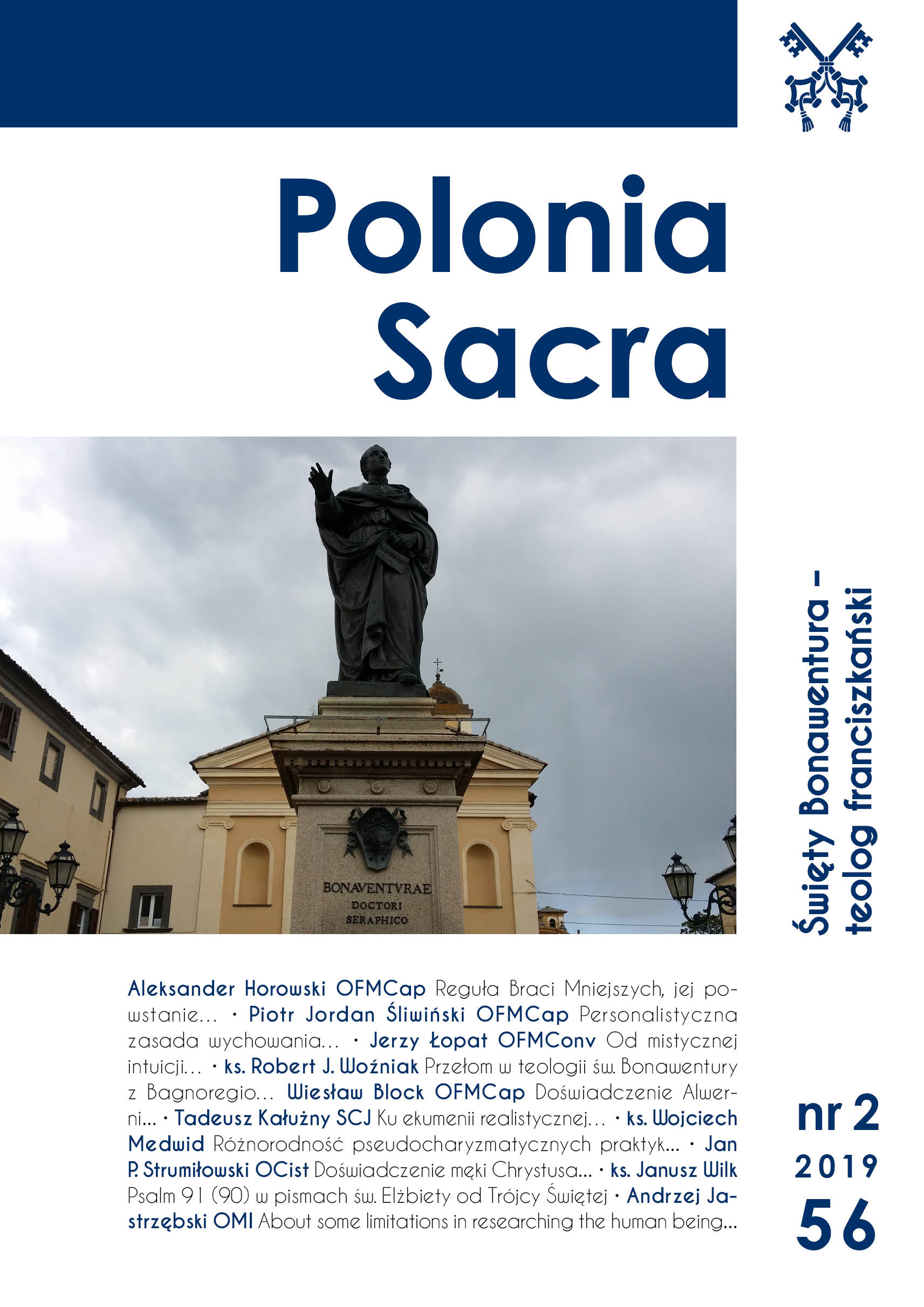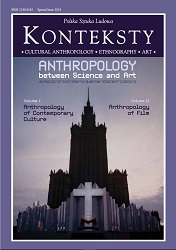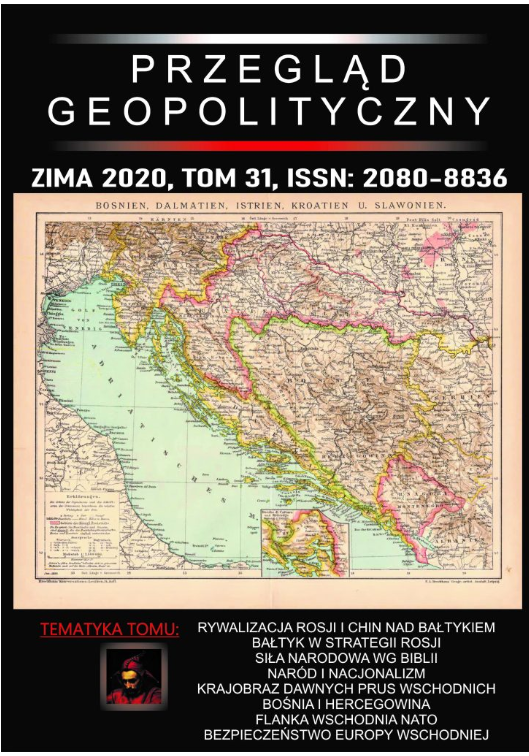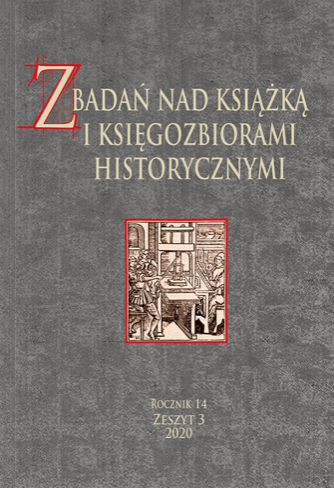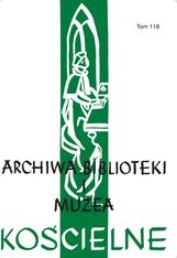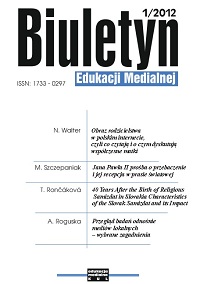
The nature of information but the principle of the initiation in information and pedagogy of faith according to the vision of Karol Wojtyla's journali
Natura informacji a zasada inicjacji w informacji i pedagogii wiary według wizji dziennikarstwa Karola Wojtyły w okresie krakowskim
Keywords: Karol Wojtyla-John Paul II; newspapers; journalism; personal-professional rules; Editorial: „Tygodnik Powszechny”; information
Karol Józef Wojtyla (1920-2005)-John Paul II (1978-2005), during the Cracow period of his life was a journalist publishing in ninety three catholic newspapers and a coeditor of one of them – „Tygodnik Powszechny”. Based on his twenty nine years of journalistic experience and personal-professional rules proposed to the editors and journalists, he is predestined to formulate his own vision of journalism. Based on the analysis of Wojtyla’s life, teachings and journalistic publications one can formulate nine rules: non-separation between a person and his/her honor; non-separation of triad person-truth-information; dialogical truth; internal and external consultation; initiation in information; gradual information „true and complete”; pedagogy of faith in journalism; catholic trust; responsible criticism of Church. Encompassing the tenth mystical rule of replaceable suffering in the intention of evangelization – may become a directional sign for media people. The theory of the K. Wojtyla a significant influence on the contemporary catholic media whose goal is to satiate the recipient’s hunger for God through information activity.
More...
